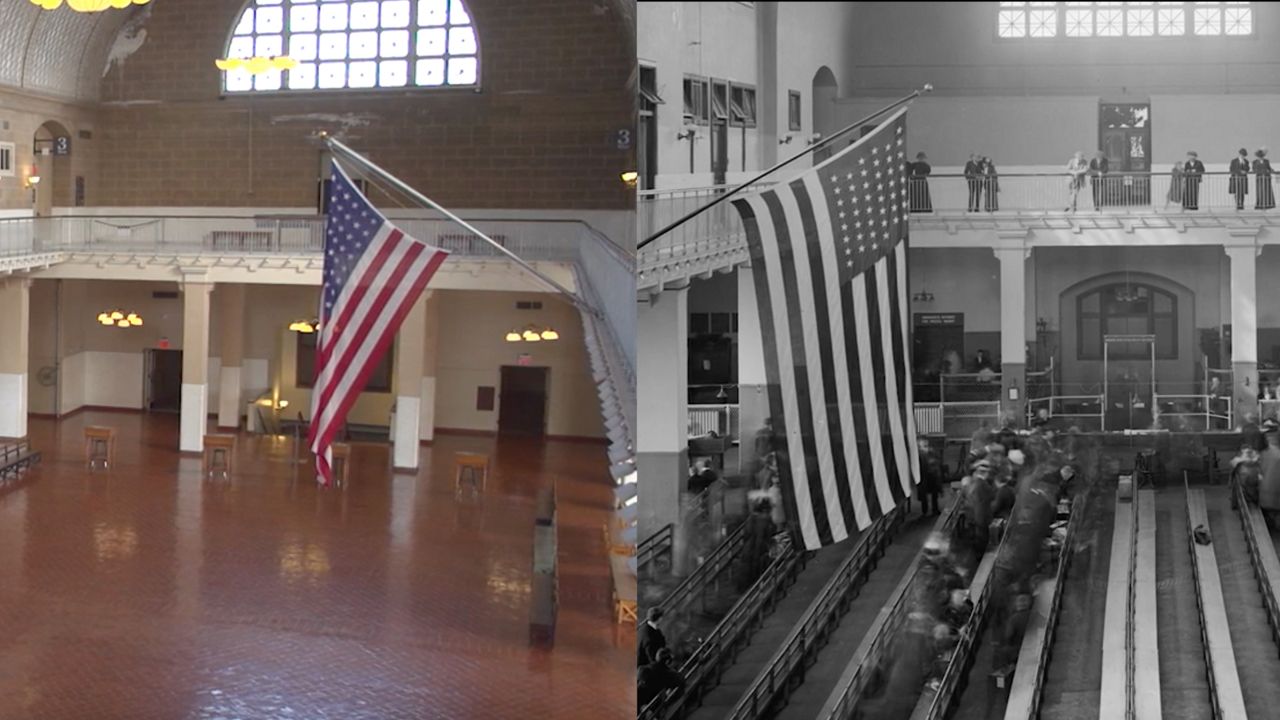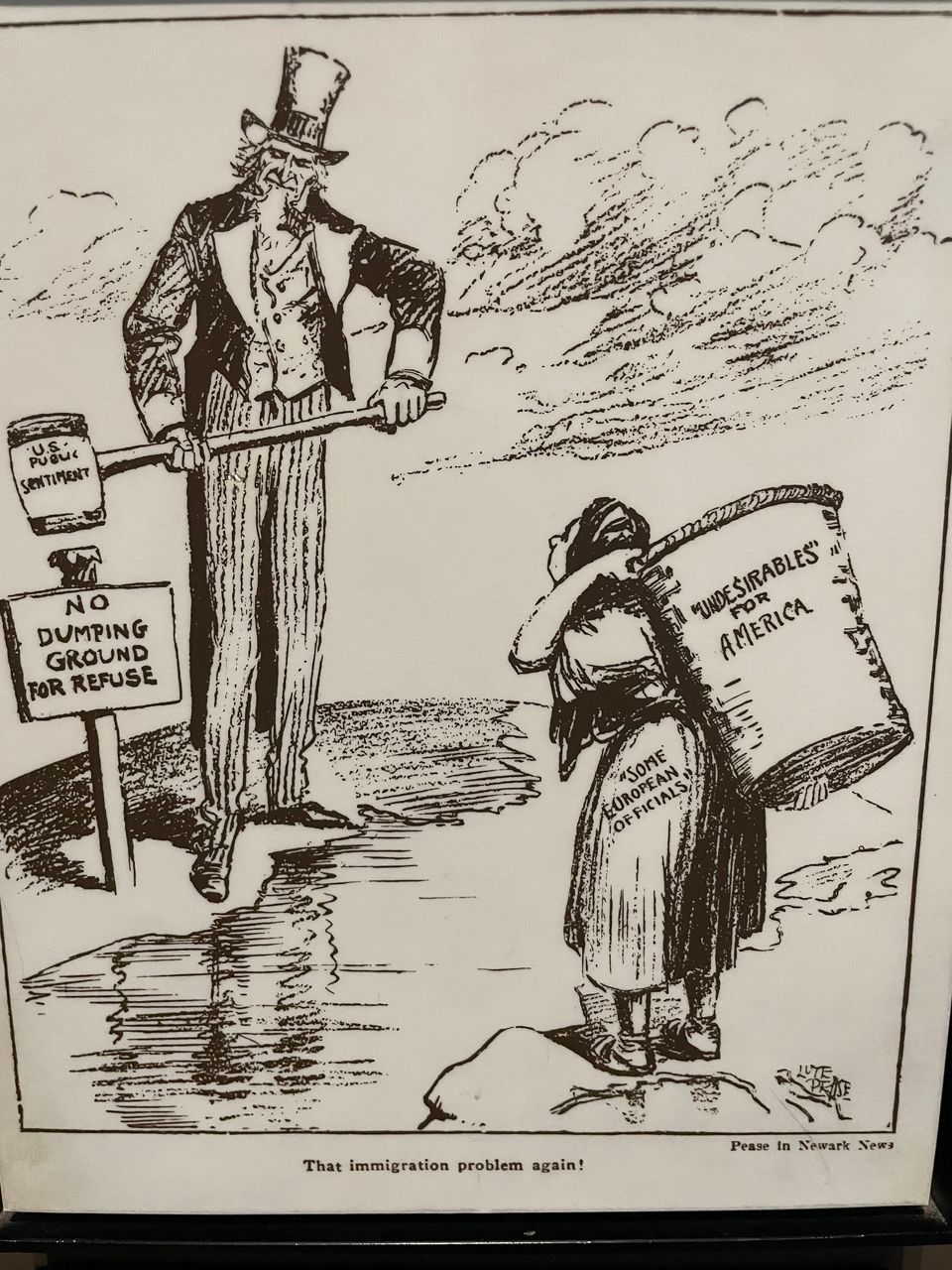As the November election draws near, immigration is once again shaping up to be a defining issue for many Americans.
Former President Trump is leaning into a message that has become a familiar rallying cry among his supporters, calling the high levels of undocumented migrants and asylum seekers a “border bloodbath.”
His opponent, incumbent President Biden, has changed his tone in recent months. In June, he announced an executive action to “bar migrants who cross our southern border unlawfully from receiving asylum.”

“The numbers were so overwhelming at the border that to deny that there was a crisis was no longer politically sustainable,” said Muzaffar Chishti, a senior fellow at the Migration Policy Institute.
According to a February Pew Research report, 57% of Americans say immigration is a top priority for them in 2024 — an 18% increase from 2021
“For a nation of immigrants, we have always been ambivalent about immigration. It's almost, almost part of the DNA,” said Chishti.
Going back centuries, immigration has dominated political campaigns. This year marks the 100th anniversary of the Johnson-Reed Immigration Act, the nation’s first sweeping immigration reforms.
“We're in the Great Hall or the registry room at Ellis Island,” said Matt Housch, an archivist and historian at Ellis Island.

“At its heyday, 5,000 people a day could be processed on this floor that we're sitting at. After 1924, now, we don't have a million people coming in anymore,” explained Housch.
“Immigration laws,” Housch said, “have largely been about defining who can come into the country, which of course, by its nature also defines who is excluded from coming.”
That pattern began in 1882 with the passage of two landmark bills. They barred Chinese immigrants and paved the way for federal restrictions targeting other groups.

“These immigrants were undesired,” said Housch. “There were too many of these immigrants from eastern and southern Europe, and they weren't the right religion. They weren't the right color. They weren't the right race.”
In 1917, Congress passed a law requiring immigrants to pass a literacy test before entering the U.S. — a bar most were able to clear.
“That's why we got to that 1921 act where they said, okay, the stuff we've tried before is not working. We need there to be a quota,” Housch explained.
The 1924 Act went even further, reducing the quotas to 2% of the population according to the 1890 census. That had the effect of tightening emigration from Southern and Eastern Europe. The measure also launched Border Patrol to stem immigration from Mexico, and instituted a new process for visa applications.
Housch says all three acts shared a common message. “We want a certain type of immigrant to be in the United States, largely white, largely Protestant, and largely from northern and Western Europe."
The effects of the 1924 act were immediate.
“For Italians, it dropped immigration from, northern and southern Italy by about 90% from what it had been before,” said Housch.
The steep decline in immigration changed the mission of Ellis Island.
“It took on a lot of roles related really to detention and to deportation,” Housch said. “Instead of welcoming people, it sent people away.”
Housch says he hears the echoes of this empty hall reverberating in today’s political landscape.
“When we talk about the 1924 Immigration Act, the description of who immigrants are and the way that description has become so negative and so othered,” he said.
“We are hearing similar rhetoric now in the United States about immigration."
But Chishti says while the specifics of immigration law have long been debated, evidence supports the importance of immigrants to the country’s prosperity.
“The answer to our country is legal immigration, that people do not like specter of disorder, people like managed immigration even high, but managed immigration.”
He believes that will be the line for candidates to toe leading up to November, as American politicians have for over a century
“The constant refrain that America is ambivalent about immigration is as old as our history,” said Chishti. “Literally as old as our history.”



